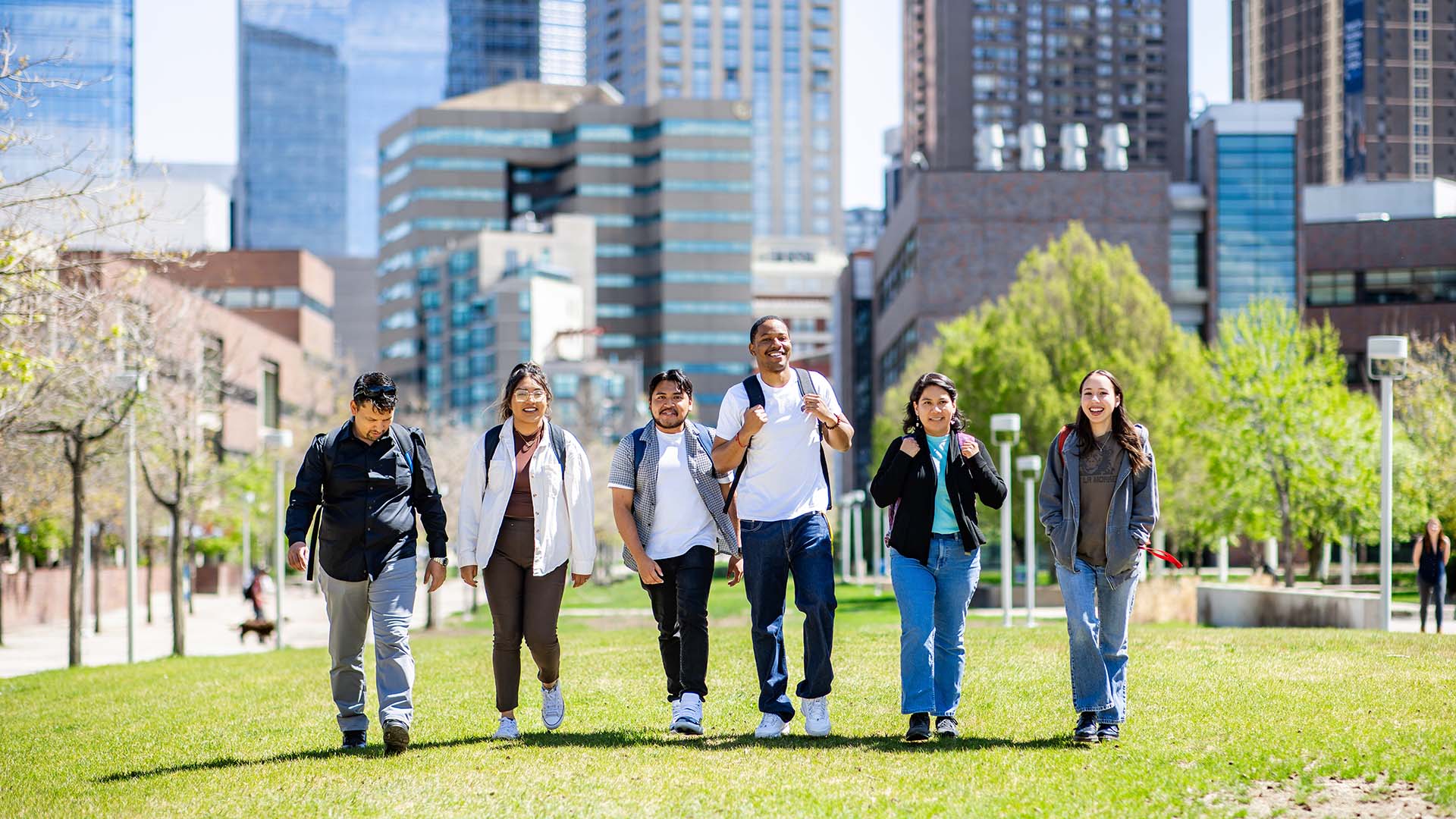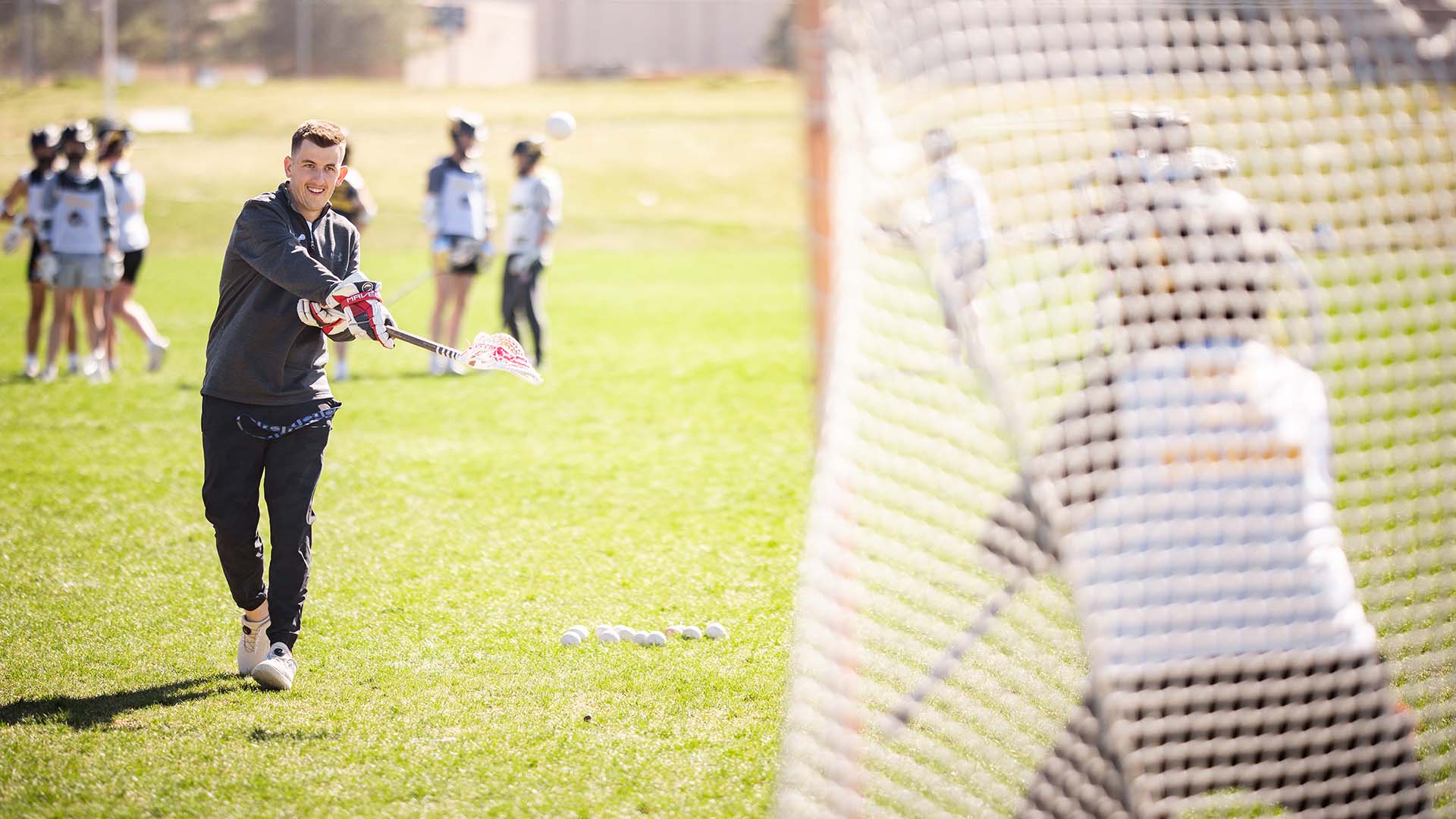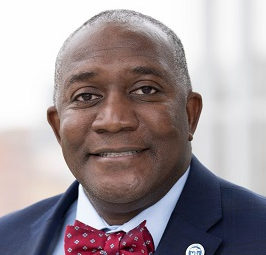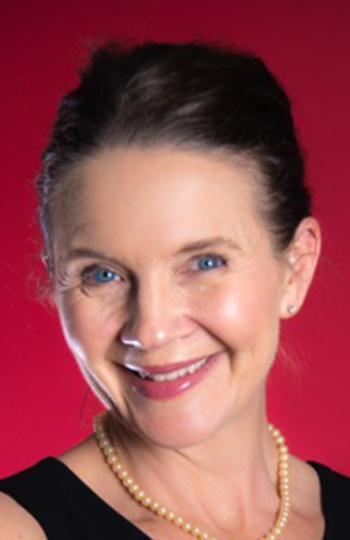Teachers learn the language of trauma
To best help children in need, educators need to change the way they talk about trauma. Here's how MSU Denver’s teacher-prep program is moving the conversation forward.
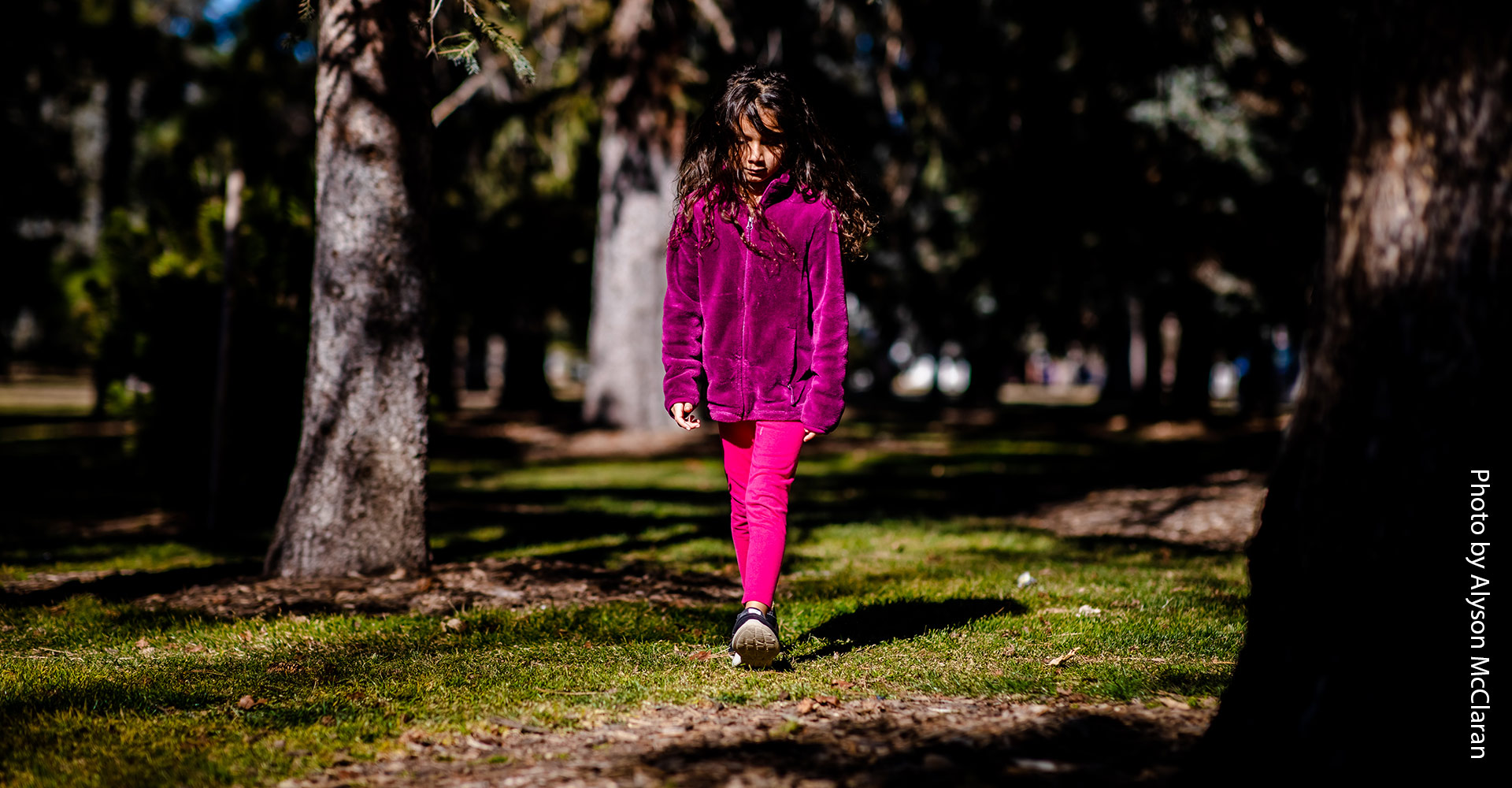
Language is arguably the most important part of Dennyse Tejeda’s second-grade classroom, an English Language Acquisition class for native Spanish-speakers.
Tejeda spends most of the day speaking Spanish, but English is woven in and there is a dedicated daily block for it, too. Her job, she said, is to connect with students in their own language while helping them understand a new one.
Now, Tejeda is learning another language that will help her provide her students with the best education possible: the language of trauma. And like English in her ELA classroom, the language of trauma is being integrated into everything she and her fellow Metropolitan State University of Denver teacher education students learn and practice.
Trauma-informed practice is defined as an organizational structure and treatment framework that involves understanding, recognizing and responding to the effects of all types of trauma, according to the American Academy of Pediatrics. When applied to the classroom, said Anna Joseph, director of trauma-informed practices at MSU Denver’s School of Education, the starting point is a change in the language of one critical question.
“It requires shifting a teacher’s mindset from ‘What’s wrong with you?’ to ‘What happened to you?’” she said.
|
|
|
MSU Denver’s School of Education launched workshops on trauma-informed practices in fall 2018 and hired Joseph to lead integration of the practices into the curriculum this past fall. More than 250 students, faculty, staff and local teachers have already participated in the workshops, which put the University at the forefront of efforts by schools, districts and government to address student trauma in new and more effective ways. Addressing student trauma in Colorado schools is a top priority of the state legislature, as evidenced by the first Senate bill of the session, SB20-001, which would expand behavioral-health training for kindergarten through 12th-grade educators.
So-called bad behavior isn’t usually about a student proactively behaving poorly, explained Joseph, who brings a clinical background in social work to the newly created position. Rather, such behavior is often children reacting to unstable environments or previous experiences.
“It comes down to kids trying to maintain safety because they haven’t had a lot of safety in their lives. They’ve learned that the world isn’t safe,” she said. “They bring their reactions to those experiences into the classroom with them, and it impacts how they relate to teachers and other students. It impacts how they learn.”
Front lines
There are 350 students per school counselor in Colorado, according to the most recent data from the American School Counselor Association. While Colorado’s ratio is comfortably better than the national average of 442-to-1, it’s also well off the ASCA’s recommendation of 250-to-1.
While teachers see students dealing with some sort of trauma every day, Joseph said trauma-informed practices for teachers aren’t designed to make them counselors.
“We do not want teachers to be clinicians, and we shouldn’t expect them to be. These are about things that teachers can do within their role,” she said.
MSU Denver education students and School of Education faculty have been extremely receptive to the workshops, so much so that their mentor teachers in metro Denver schools have been asking to participate as well, Joseph said. The School of Education has now expanded its offerings to include those teachers.
MSU Denver isn’t just at the forefront of integrating trauma-informed practices to its curriculum – it’s also a model for other teacher-preparation programs, said School of Education Dean Elizabeth Hinde. Its efforts are supported by generous gifts from private donors and a number of philanthropic organizations who understand the need for the next generation of teachers to be prepared to address the needs of pre-K-12 students who have experienced trauma.
That partner support speaks to how much momentum and excitement there is for integrating trauma-informed practices into teacher education, Joseph said.
“This is something that has really come into its own at the School of Education,” she said, “and is becoming a really distinct part of what we offer that is unique at MSU Denver.”
Education in action
Tejeda is putting what she has learned about trauma into practice during her yearlong residency at Holm Elementary School in Denver.
“These workshops are something that every single teacher should take. They’ve really opened my eyes not only to what trauma is but how you approach that as a teacher and what you can do on your end,” she said. “Anything that has to do with trauma, people start getting wound up really quickly. This helps us slow down and handle it bit by bit, to take a step back.”

MSU Denver offers the workshops to students who have completed at least one semester; most of the School of Education students spend five semesters in area schools before graduation. Since attendees are already in area schools as part of their training, they can ask about specific situations they’ve encountered and receive feedback from experts, including Megan Brennan of Resilient Futures, a nonprofit partner in the effort to train teachers on trauma-informed practices. The Denver-based organization approaches trauma from the perspective of neuroscience and utilizes a model for teachers called Healthy Environments and Response to Trauma in Schools, or HEARTS.
“When a student’s had trauma, they spend a lot of time in the survival part of their brain. When they spend time in that part of the brain, the higher-functioning abilities of regulating and controlling impulses really go offline,” Brennan said.
The workshops, Tejeda said, helped her build a foundation to build capacity for her students to thrive.
“I learned so many new self-regulation skills that I could incorporate in my classroom,” she said. “I actually practice a few with my students, and they love it. You can really feel the energy in the room shift.”
Tejeda knows how important helping students deal with trauma is because she went through it herself as a child. Teachers can also experience secondhand trauma from working with students, and the workshops encourage teachers to practice self-care.
“I went through some trauma when I was young, and I never really sought help. It’s something that followed me into adulthood, and I still struggled dealing with something that happened in the past. I eventually got help, and I was able to close that chapter in my life,” she said. “These workshops have changed my life and been a great reminder of how I can make sure I am taking care of myself.”

 Movie screening and panel discussion
Movie screening and panel discussion